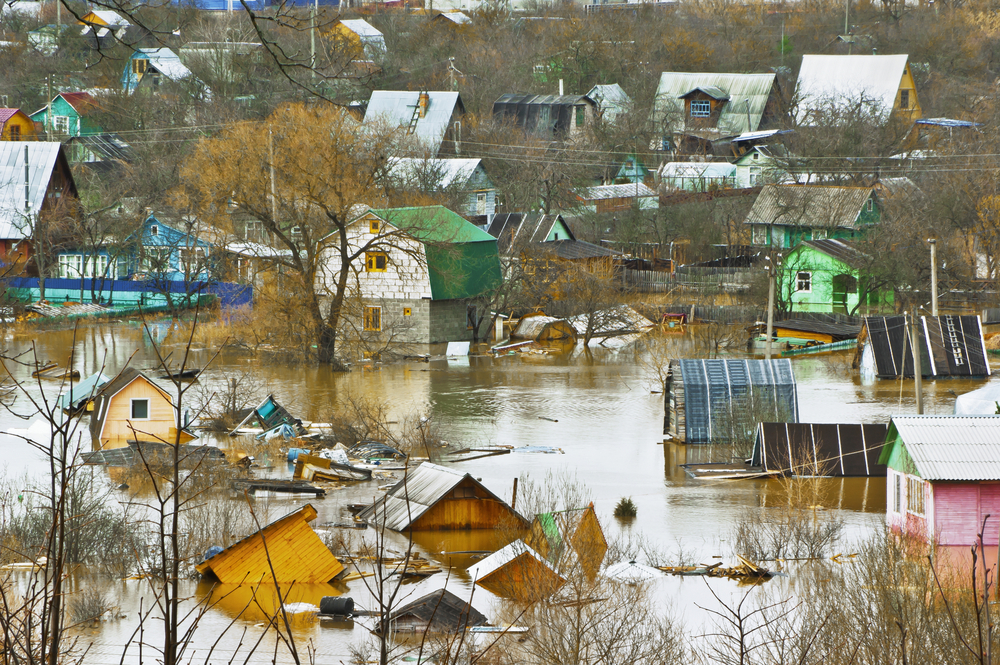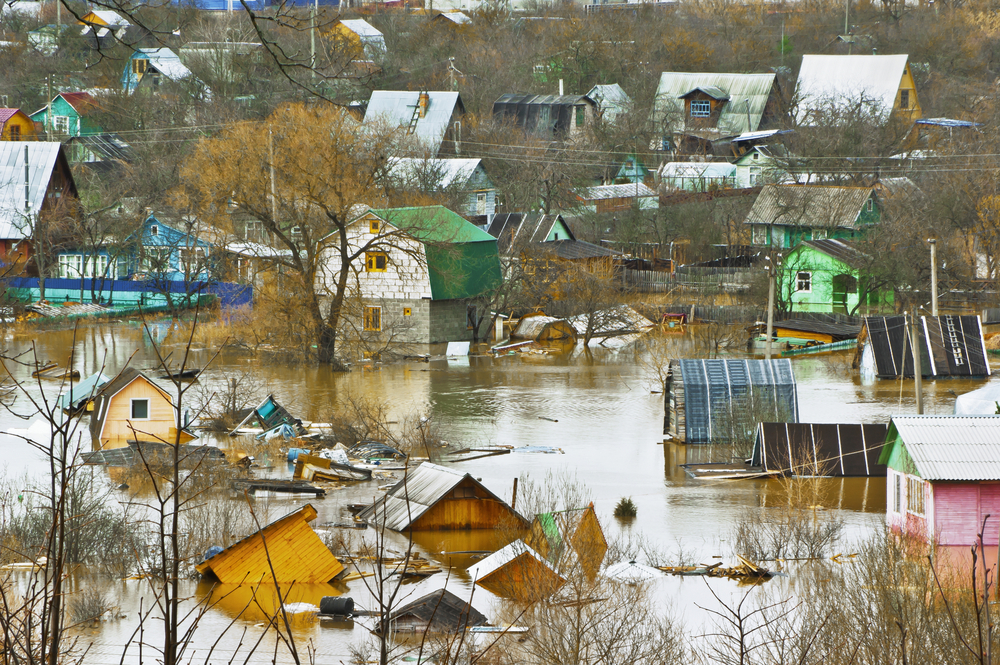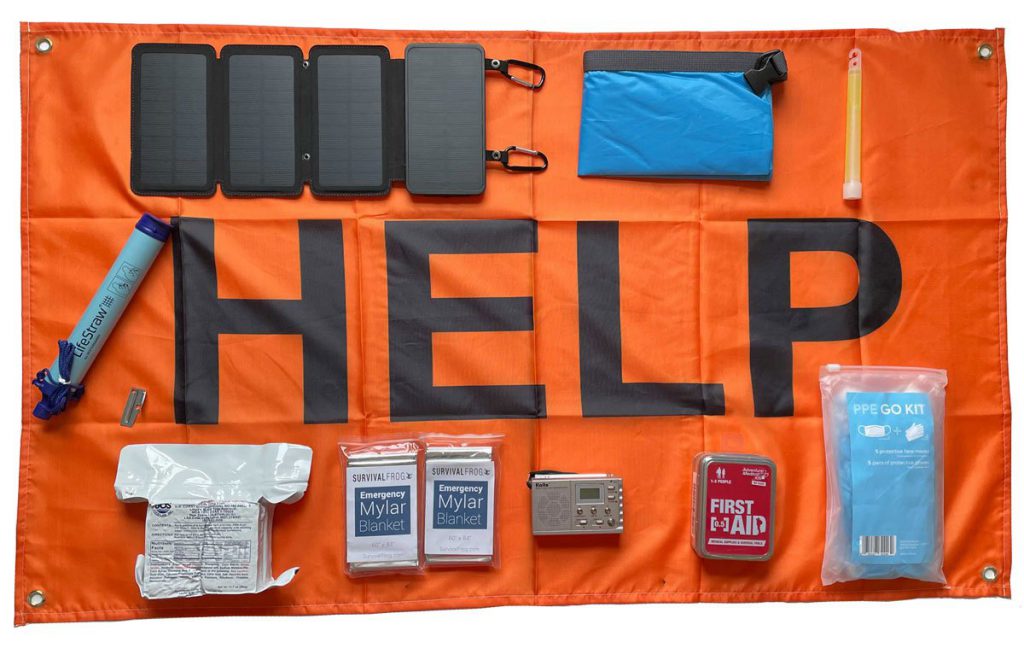Hurricane Survival 101


Hurricanes are like Christmas. They come every year whether we are in the mood or not, but instead of joy and excitement, they deliver damage, destruction, and chaos.
Entire communities can be destroyed and people’s ways of life can be disrupted for months before they’re able to return to normal.
Take these things into consideration:
Evacuation Plan
Should you stay or should you leave? Check your hurricane risk online before the storm.
Some hurricanes require evacuation, for others, you can go to a community shelter, and for less serious hurricanes you might be able to stay in your home. You should have a clear plan for all three possibilities.
IF you stay*** Prepare to bunker down.
Windows should be secured with storm shutters to prevent the glass from breaking and blowing into your home. If you don’t have storm shutters, nail plywood boards over your window instead. Don’t try to skimp out by just covering your windows with tape. It won’t hold and won’t give you any protection.
What many people might not know is that it’s just as important to secure your yard as it is to secure your home. Tree branches, toys, and any other debris around the yard can be picked up by strong winds at whipped around at dangerous speeds. Take some time beforehand to clean that stuff up. Also, make sure to clean out any clogged gutters so the rush of water doesn’t flood into your house.
Go over your emergency plan with your family so everyone is on the same page about what to do when there’s the possibility of a hurricane. Have predetermined meeting places where everyone can meet in case communication is down.
FOOD
In a major disaster, roads may be closed and stores may not be open for days or even weeks afterward. You should have at least a week of food for everyone in your home. Do not rely on perishables.
Your emergency stash should be canned, freeze-dried, or otherwise nonperishable. That doesn’t mean you have to spend weeks living off of beans. Invest in something tasty, and buy a propane or camp stove. You don’t want to be scooping cold beans out of a can for days in the dark.
Don’t forget to make sure your can opener is manual, rather than electric, and the food provided accounts for dietary restrictions such as allergies.
A 72 hour supply of MRE bars for each person is a great place to start.
Water
Water bottles always sell out before a major disaster. To avoid the rush, simply invest in some gallon jugs of bottled water ahead of time. Even if you drink the water before the disaster, you can simply fill your jugs along with your bathtubs and sinks from the tap before the power goes out. At least one gallon per day per person is recommended.
Remember, you may need water not only for drinking, but cooking, brushing your teeth, and bathing as well. And keep in mind that even if the water is running after a disaster, the local water treatment plants might not be. Always assume that there is a boil-water warning until you have official notice otherwise.
In the event of a truly major disaster, a simple water purification system will prove useful as an emergency backup.
Start with a couple of LifeStraw Personal Water Filters.
Communication
Chances are the power will be out. And you will need a way to stay in contact with your loved ones or rescuers.
Solar generators are a great option. They don’t need any fuel, and they can keep you connected to the grid to get important storm path updates and more.
Although worth the investment, generators don’t come cheap. You might consider starting with keeping your mobile devices charged.
The QuadraPro Solar Power Bank is a great affordable option.
Remember, there will always be damage when hurricanes come through. It’s simply unavoidable.
But with the right steps taken beforehand, the damage can be minimized to a manageable level and you can return to your normal way of life much sooner than those who weren’t prepared.
Want a hand getting started? Check out the LifeShield® 72 Hour Hurricane Survival Kit.
Hurricane Survival 101
appeared first on Survival Frog Blog.

